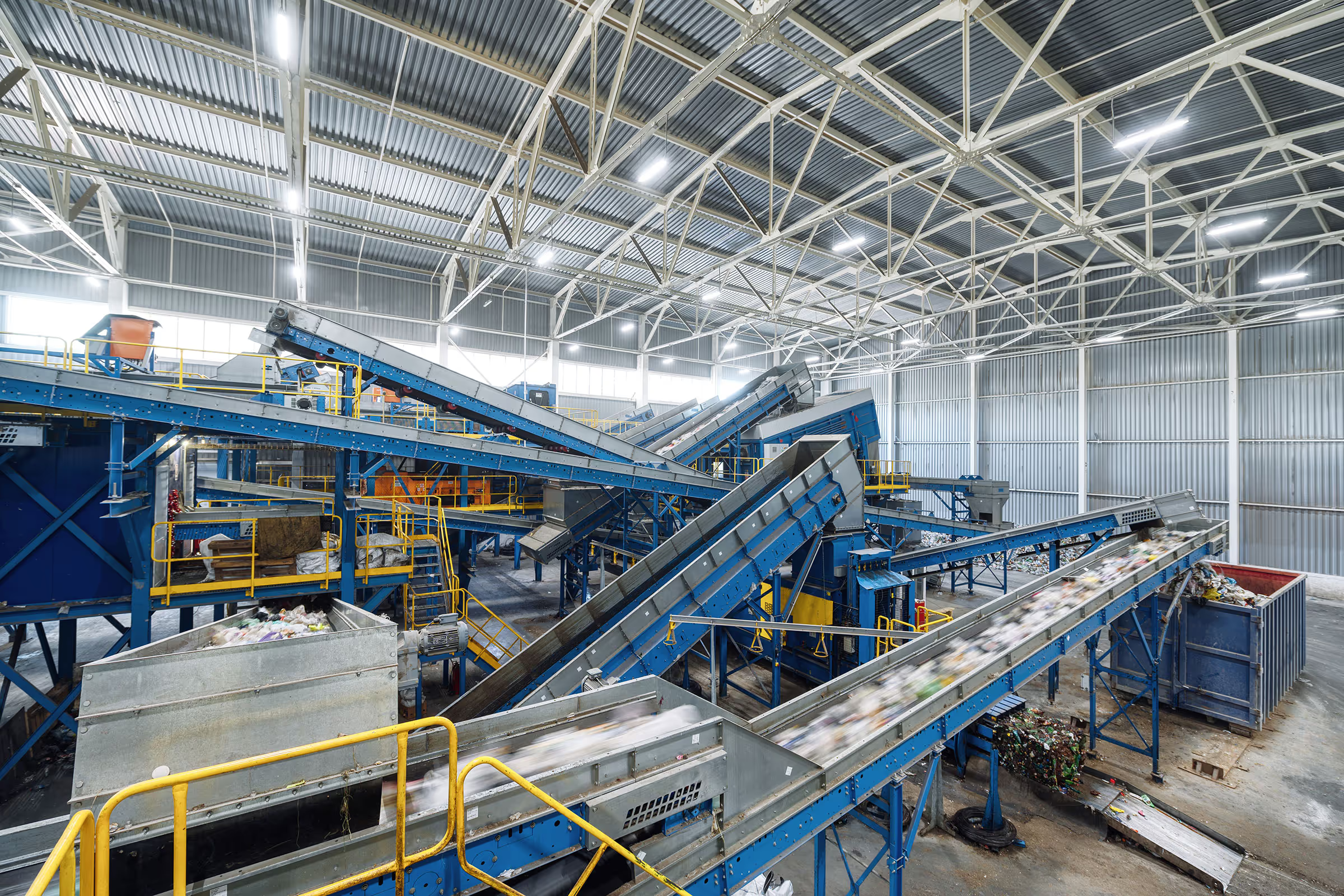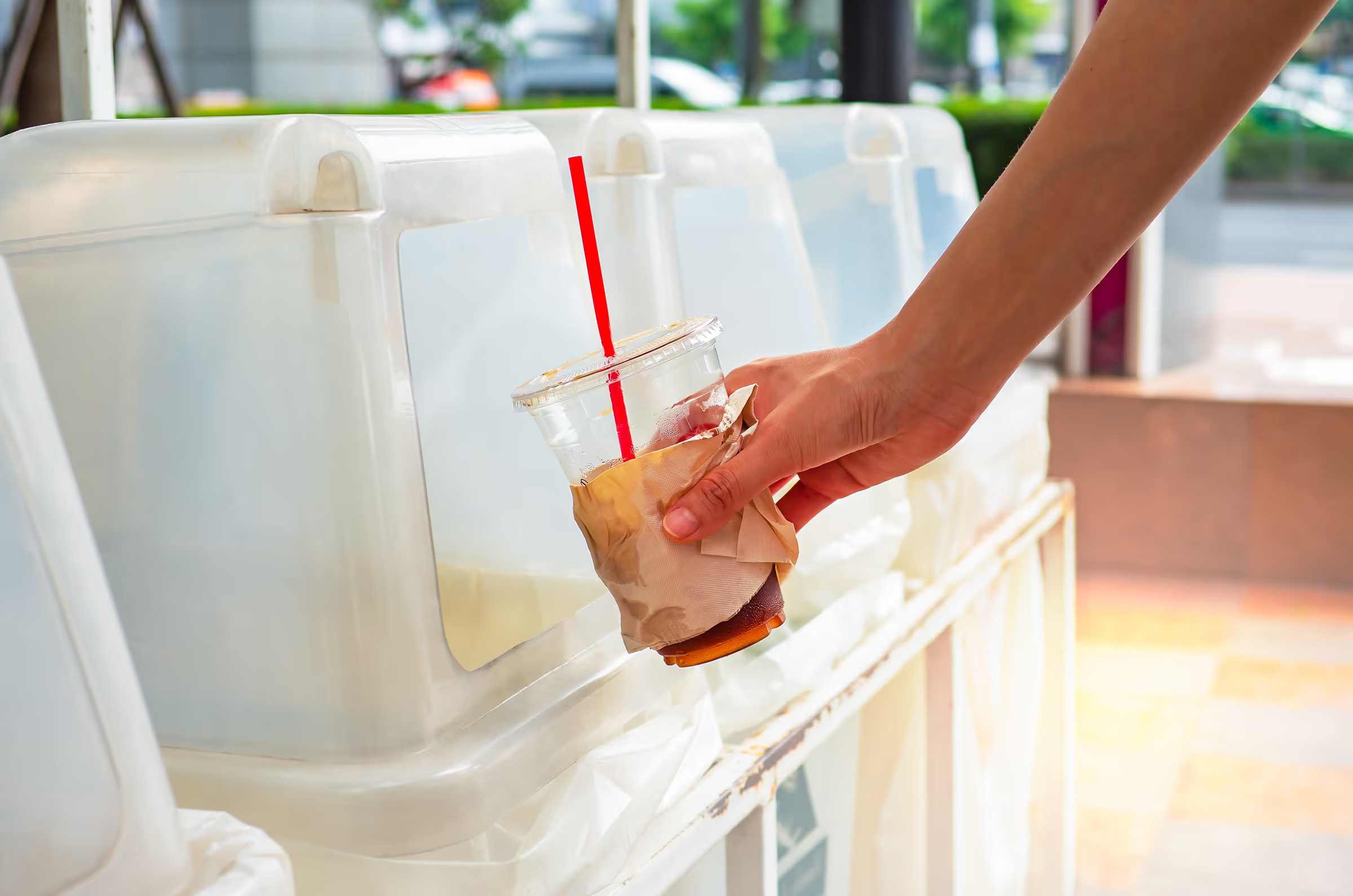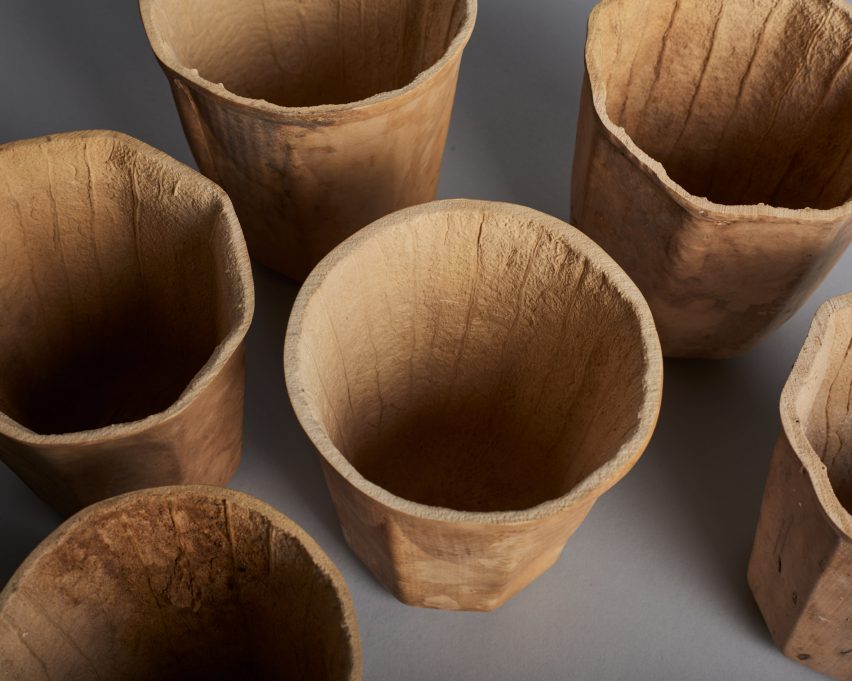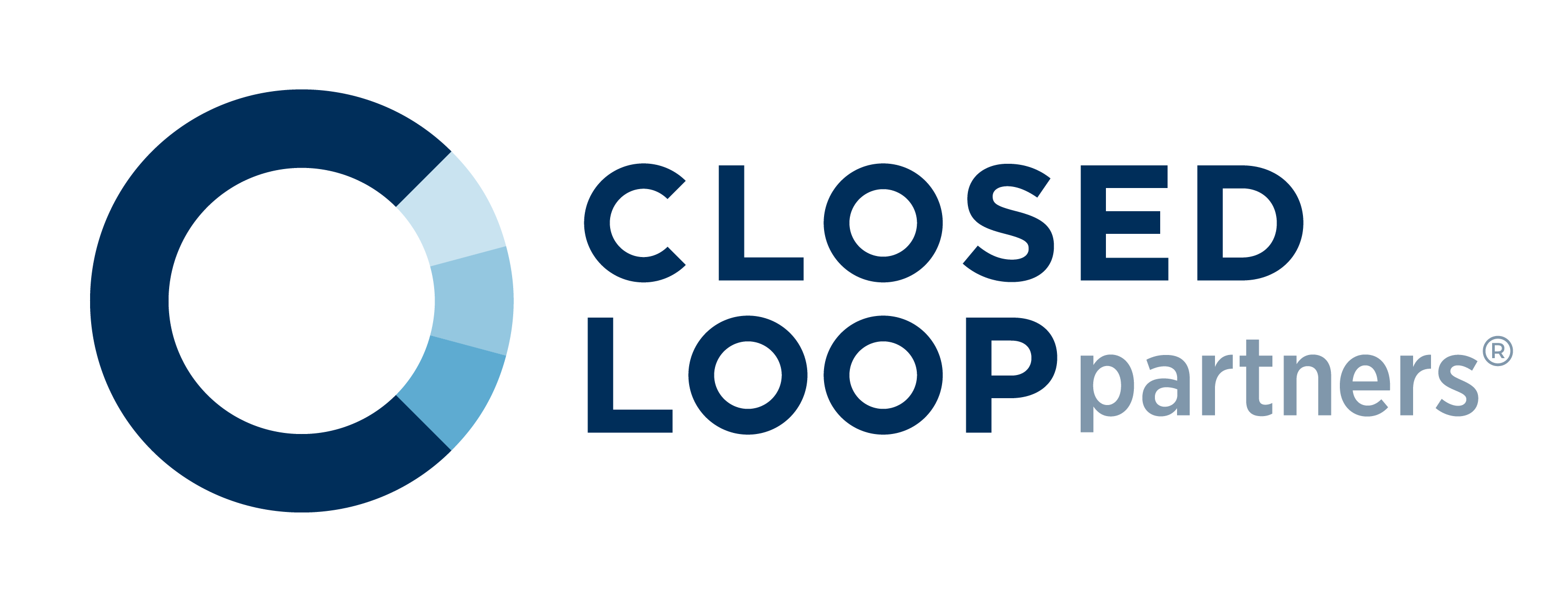Brands and consumers want more recycled materials in the plastic products they use every day, such as clear polypropylene cups, but the supply of food-grade recycled plastic often trails behind this demand. In many communities, recyclers don’t accept cups, which limits the recovery of food-grade packaging and reduces the availability of recycled materials for future production. Having already made progress tackling paper cups with the NextGen Consortium, we turned our attention to polypropylene cups to address the complex — but ultimately solvable — challenge of nationwide cup acceptance by recyclers.


.svg)






